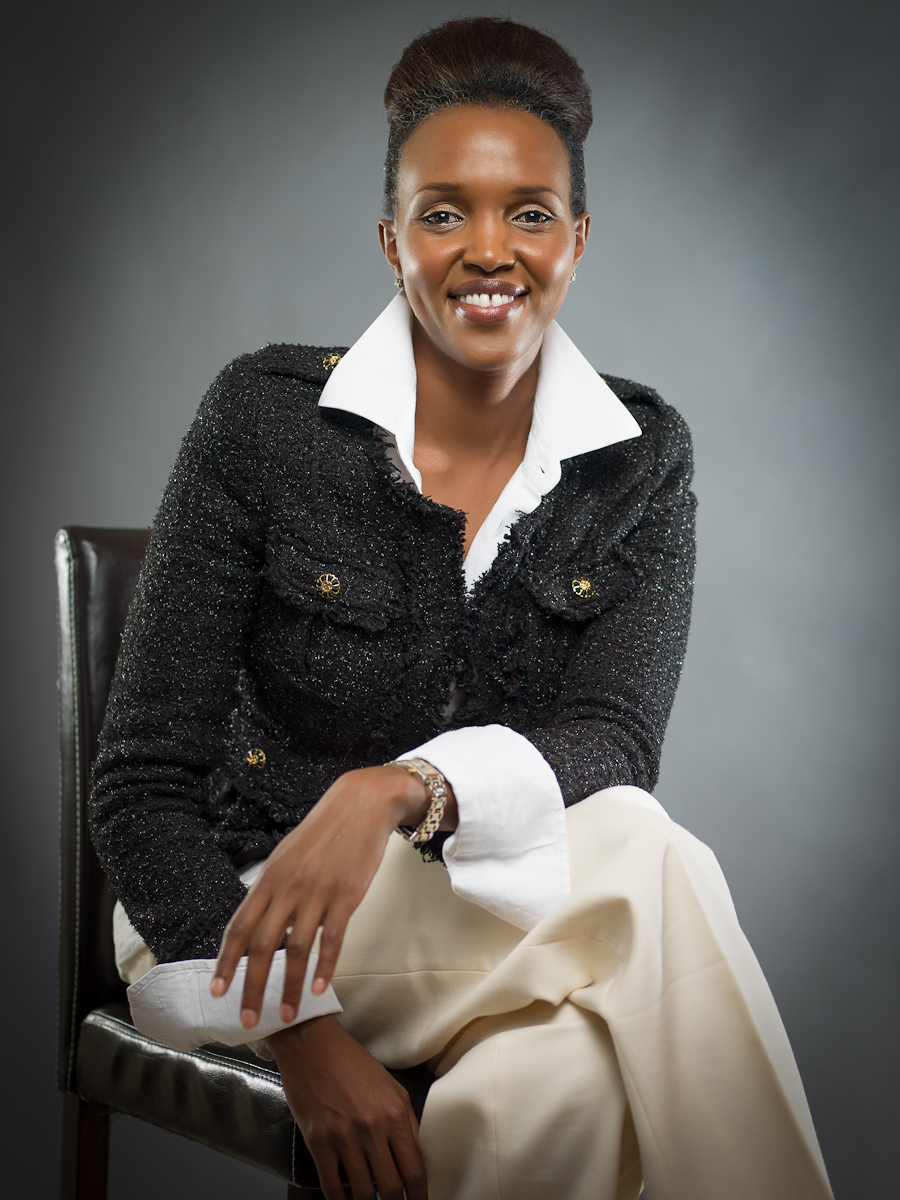Mariam Abdullahi: Always hungry to learn and make an impact in ICT
Microsoft had many reasons to celebrate International Women’s Day on 8 March, thanks to the strong women occupying some of the lead roles in the company. One of those women, Mariam Abdullahi – the Mobile Devices Lead in East Africa – explains her early interest in ICT and says that in a male-dominated industry women need to remember they are equals who have just as much to offer business.
What attracted you to the ICT industry?
I developed an interest in technology when I started my A levels. At this time we had to go to computer labs and use machines with large floppy discs and MS DOS. I was very intrigued so I decided to choose a course that was related to computers.
I started off studying Computer Science and Business at Brunel University and then got my first job as a teacher for a year, teaching Mathematics, English and basic computer skills. After my teaching stint, I ventured into IT infrastructure and then project management. I have since had an opportunity to work in four IT-related positions in the United Kingdom and Dubai for almost 15 years before moving back to Africa, where I got the opportunity to work for Microsoft.
What do you love most about being a woman in the ICT industry?
I have two main elements that generally fascinate me in this industry, regardless of being a woman. Firstly, it is very humbling that through technological developments, disability is not inability. People with disabilities worldwide can now rely on technology to aid them with their day-to-day tasks. Secondly, there is never a dull moment in this field. Things in this industry transition faster than others and that means I have to be remain abreast always.
What challenges have you experienced as a woman in the ICT industry?
I have had some interesting learning curves along the way – some were not because am a woman but an employee who has deliverables to accomplish. The solution for me was to tackle them to the best of my ability and use the lessons to grow.
At the onset, there were many cases where I would be the only woman in the conference room, which was caused some anxiety and challenged my self-confidence. However, the reality is that I was in a very hungry mode wanting to learn something new, which helped me forget that I am a woman and instead see myself as a colleague who needs to make an impact on the business.
Another challenge we face in the industry is that sometimes we don’t see the possibilities. We tend to make decisions based on the “here and now” needs and forget to look at the future.
Why is it important to encourage more women to pursue STEM subjects? What advice do you have for women looking for a career in ICT?
I am strong believer in possibilities and also adding value to everything I come across. I grew up where I was conditioned that everything is possible. There are immeasurable opportunities for women in the industry as we naturally tend to look at things differently from men.
How can a woman achieve a good work/life balance?
There are no two ways about it: planning and prioritising tasks is the only way. There are times when work will demand more input; other times social/family will come first. The most important thing is to learn what takes priority at what time.
